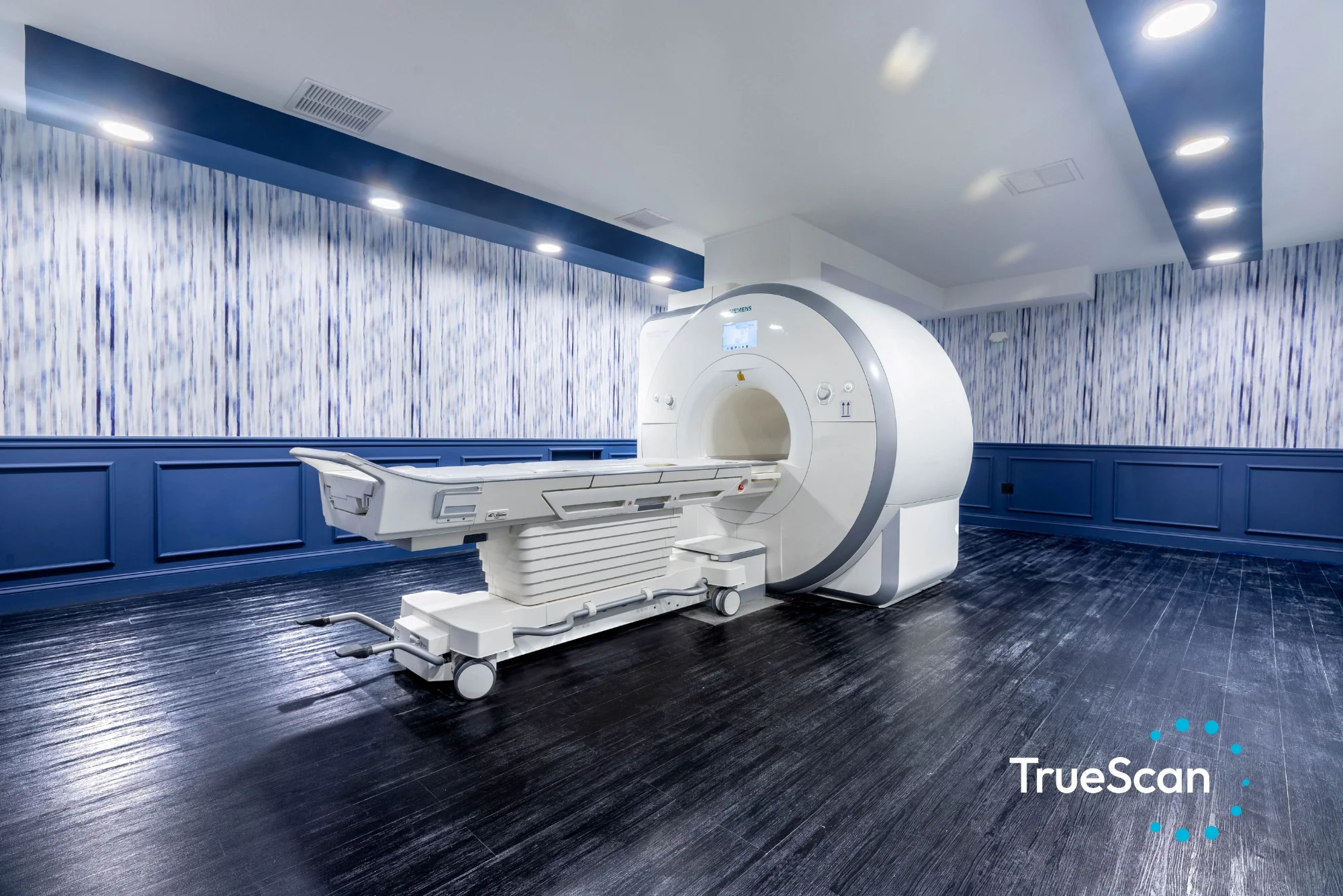
The COVID-19 era has elevated people’s appreciation for nurses and other medical personnel in general. In that spirit, we’d like to highlight just how much value nurses and medical assistants (MAs) bring to our members at Griffin Concierge Medical, and how their skill and dedication make top-level concierge care possible.
Misconceptions About Nurses and MAs in Concierge Practices
Because concierge practices provide people with much more direct access to their physicians, a misconception sometimes arises that members should never interact with anyone besides their doctor.
But in order to provide outstanding, personalized care for more than a small handful of members, concierge physicians need assistance in certain areas. This frees them up to be available for appointments, physicals, emergencies, and any other time when you might need your doctor directly.
You want your physician to be available to take your call when you think you’re having a heart attack, not on hold with a pharmacy or taking someone’s blood pressure.
For jobs like these, highly skilled clinical support staff can help. They use their experience and knowledge to take on the tasks that free up physicians to provide the highest quality of care.
Get the Physician at Their Best
Nurses and MAs provide vital support that makes concierge care possible. While some may view clinical support staff as interference, their background support allows the physician to be a top-notch, hands-on concierge doctor.
MAs take on many crucial in-office tasks like collecting vital signs and gathering critical health information. They keep everything up to date, including medications, vaccines, medical history, and lab work, freeing up more of the doctor’s time to spend directly with you and not poring over paperwork.
Nurses, at least in our office, occupy a more behind-the-scenes role. They take on some of the most taxing and time-consuming tasks to make both the physician’s and member’s lives easier.
For example, have you ever had to contact the insurance company yourself? Or had prescription coverage denied? If so, then you know how grueling those interactions can be. Nurses take on the battle and fight to get you what you need. They free the doctor from being tied to the phone so they can actually engage with the patient.
Nurses’ support is absolutely critical, and we think they deserve to be celebrated!
7 Ways Nurses and MAs Support Top-Notch Member Care
Now that we’ve talked a bit about what nurses and MAs do and how much we value them, let’s review specific ways they support care.
1. Prior Authorizations
Anyone who’s ever been told there was “an issue with your insurance” at the pharmacy or on your Walgreens app knows how frustrating prior authorization issues can be.
You just want to pick up your medication, but the insurance company isn’t happy with the one your doctor prescribed. They’d prefer you have something different. The problem is, if we’re prescribing a medication, it’s because we believe that’s the best medication for the situation. We don’t want you to have to switch to an alternative because the insurance company is being fussy.
We work hard to get approval for the prescriptions and procedures that are best for the individual. And the ones who carry out this mission are the nurses. If that means going toe-to-toe with an insurance company, then that’s what they do. Nurses collaborate with your physician to attack prior authorizations so you get what you need in a timely manner.
They look out for your best interests and save doctors from the time-consuming burden of endless insurance negotiations.
2. Prescription Refills
Nurses and MAs help keep the surprisingly nuanced area of prescription refills running efficiently and free from errors.
When you request a refill, we want the process to be seamless. You can communicate with our office and make a request directly, or you can click on your pharmacy app and get a refill that way. It seems simple, on the surface.
Complications arise when pharmacies “auto refill” medications on their own. They may push through refills for prescriptions that have been changed, discontinued, or adjusted, and then notify a patient that their medication is ready for pickup. This can lead to mistakes and confusion. People could take the wrong medication, or the wrong amount, if they don’t realize their doctor didn’t submit the prescription for them.
Nurses have a very specific skill set for medication management, and they provide another set of eyes keeping it all straight. They keep an open line with all parties — physicians, pharmacies, and members — to maintain total alignment.
3. Removing Hurdles and Speeding Up Care
When members call us, our nurses apply a clinical ear. It’s a distinct skill set based on both education and experience.
Our nurses always have their advocate hats on first. They’re protectors, and they know how to take what you tell them and escalate accordingly. If you call or text, they’ll first want to know whether you’re safe. Once that’s determined, they can consider your symptoms or questions, look at the doctor’s schedule, and help you get the care you need as quickly as possible.
Maybe you just have a quick question, but the doctor will be in the room with a patient for some time. A nurse can often provide answers quickly.
On the other hand, maybe you’re calling to ask about what you think is a minor symptom. After listening to you carefully, the nurse might suggest you come in right away for quicker treatment.
Nurses aren’t running interference between our members and physicians. They’re actually facilitating better care and acting as your advocate. Both our physicians AND our clinical support staff get to know GCM members so well, they can tell when something isn’t right.
Just recently, one of our nurses alerted us that a member sounded disoriented over the phone. This escalation prompted a timely, face-to-face evaluation to rule out a stroke. The patient hadn’t had a stroke, thankfully, but he did have another medical issue going on — and the nurse heard it over the phone.
4. More Care, Not Less
Sometimes we hear members say that they don’t want to “bother” the physician with something they think is minor. While we never think you’re a bother, we also recognize that some may occasionally feel more comfortable speaking with a nurse. And that’s ok.
Nurses are skilled and knowledgeable, and just as we want to foster strong relationships between our members and their physicians, we want to encourage those with nurses as well.
Having the right clinical support staff provides an additional layer looking out for you. Our nurses and MAs are trained to question anything that doesn’t seem correct. They don’t blindly follow what a sheet of paper or computer screen tells them.
A great example of this is when one of our MAs double-checked whether a patient needed a certain vaccine. The computer system showed that they did, but the MA investigated and found that this was incorrect, preventing a clerical error from becoming a clinical one.
5. Personalized Care
We’ve already mentioned that nurses and MAs free up the physician’s time to spend with members, making personalized care possible. But they contribute to personalized care directly, as well.
Our clinical support team gets to know you well, and sometimes your entire family too, which allows them to personalize your care. They become familiar with your health goals, priorities, and preferences. If they know you’re going on vacation, for example, they’ll want to game-plan in advance so you don’t run out of medication.
6. Specialized Skill Sets
Your doctor isn’t usually the best person to draw your blood or give you an injection. They can, but this isn’t what physicians do all day. If you want it done painlessly and accurately, you want experts who do it daily, all day long — and that’s the clinical support staff.
This holds true for everything from swabbing to shots. It’s a similar principle to finding a good surgeon. If you need surgery, you want a surgeon who’s performed thousands of that specific operation.
7. Relationship-Based Care
At GCM, we highly value the relationships we have with our members, and we hire nurses and MAs who share that value.
We know it takes time for a patient to develop a trusting relationship with their healthcare team. Often, what we find is that when a trusting relationship is built between one of our members and a nurse or MA, they look forward to spending time together.
 Fantastic Care Is a Team Effort
Fantastic Care Is a Team Effort
We strongly believe you can never have too many advocates in your life. When you’re a member of GCM, you don’t just get a physician. You get a physician, a nurse, a medical assistant, and a patient care coordinator, all working together to watch over your health.
Nurses and MAs are an indispensable part of care, and we celebrate and appreciate all that they do!

 Fantastic Care Is a Team Effort
Fantastic Care Is a Team Effort


